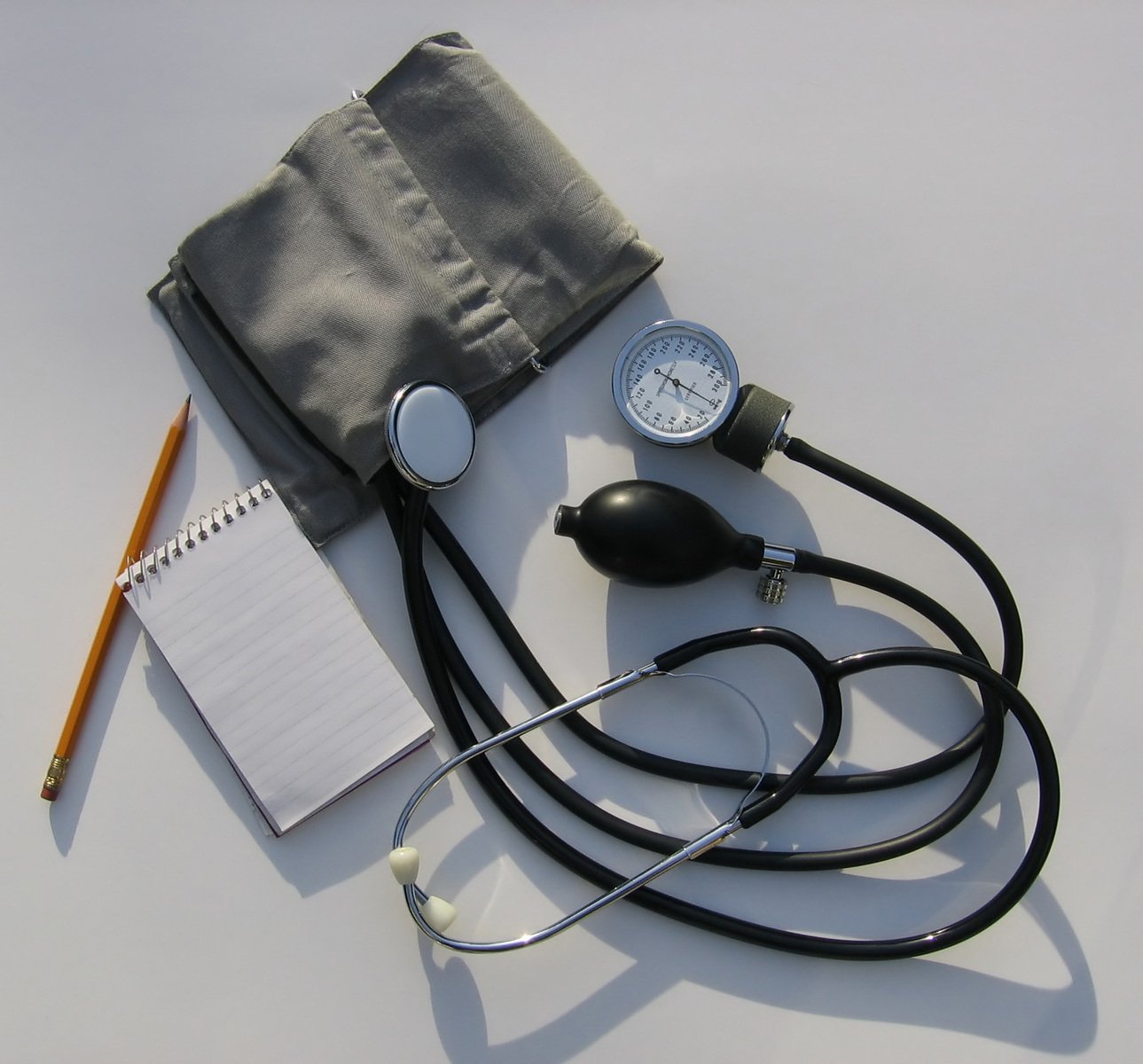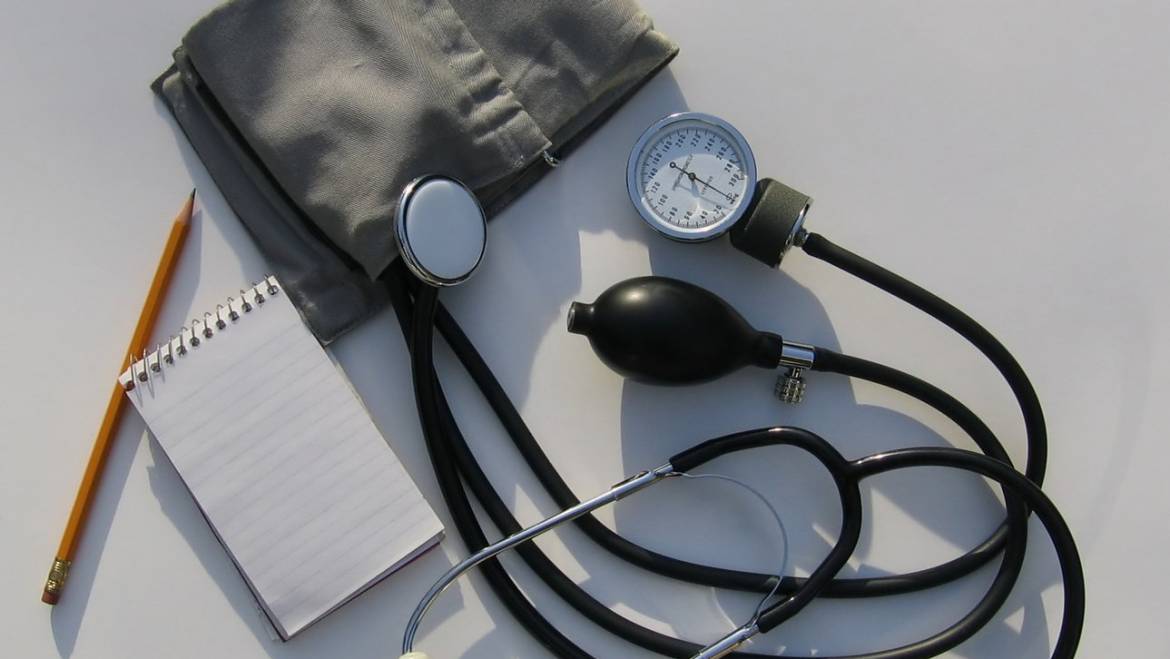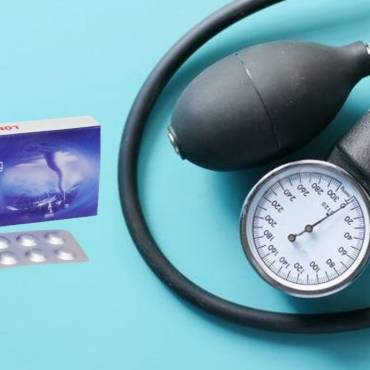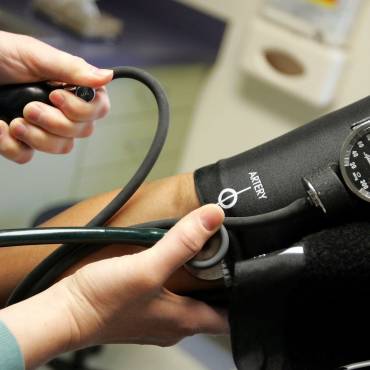It is always recommended to focus on lifestyle changes first, and then opt medication only if necessary.

Like other medications, anti-hypertension too carries the risk of side effects, so it’s always worth it to work on diet, stress management, and exercise first for blood pressure control. However, medicines like Fenolip – 145 mg, Losacar – 25mg, Aten – 25mg are widely used for blood pressure cure. A patient can use these under the supervision of a doctor. Even if an individual with high blood pressure receives only partial benefits from lifestyle changes, it may still mean reduced medication usage or one with minimum side effects if necessary. Here is a list of some lifestyle changes that can assist in blood pressure control.
- Weight reduction- An individual with a body mass index (BMI) under 25 is said to have normal body weight. Maintaining a normal body weight helps your blood pressure in a healthy range. An individual having a BMI of more than 25 is considered overweight. Being overweight or obese increases the risk of developing hypertension along with other health issues such as diabetes and high cholesterol. These health conditions are risk factors for heart disease. Focus on weight reduction techniques for blood pressure prevention and reduce the risk of developing heart problems.
- Eat a healthy diet- A diet rich in fruits, vegetables, whole grains, and low-fat dairy products can help you keep in blood pressure control by up to 14mm Hg. It is not that easy to change your eating habits, but with these tips, one can adopt a healthy diet. Make a food diary and note down what you eat, even for a week, can help you change your eating habits. With food daily, you can monitor what you eat, how much, why and when you eat. Boost your potassium level in your body by eating potassium-rich food such as vegetables, and fruits. Potassium can reduce the effects of sodium on blood pressure. Eat smartly, stick to your healthy eating plan even when you are dining out. Talk to your health care specialist about the appropriate levels of potassium in the body.
- Exercise regularly- Regular physical activity for at least half an hour 4 days a week can reduce your blood pressure by 4 to 9 mm Hg. It is important to be consistent with your physical activity because if you stop exercising, your blood pressure level can rise again. In the case of prehypertension, exercise can help you avoid developing full-blown hypertension. If you already have high blood pressure, regular exercise can bring your levels down to an appropriate level. Walking, jogging, dancing, and swimming are the best type of exercises to lower blood pressure.
- Quit smoking- When you smoke a cigarette, it increases your blood pressure for many minutes after you finish. Stopping smoking can help your blood pressure return back to safer levels. According to research studies, people who quit smoking have a substantial life expectancy.
Also Read: Diet Tips to Lower Blood Pressure
- Moderate alcohol consumption- Drinking alcohol can increase blood pressure above recommended levels. The use of heavy drinking (three drinks) can cause a long-term increase in blood pressure, which is not good for your heart health. Heavy drinking on a regular basis puts stress on your heart and can give rise to the various heart associated life-threatening complications. Men are advised not to drink more than two drinks per day, whereas, women should no more than one drink per day. Heavy drinkers who reduce their alcohol intake can lower their blood pressure levels than those who don’t control their alcohol consumption.
- Diet changes- Dietary approaches such as the dash diet helps in blood pressure cure. It has been found to have the greatest documented effect on blood pressure. A well-studied diet that encourages consumption of more vegetables, fruits, and whole grains and discourages dairy products, or foods high in saturated fats.
- Get adequate sleep- A large population of people, especially adults are sleep deprived, getting less than 7 hours of sleep per night. It is necessary to have a quality sleep as it has a stress-reducing effect both directly and indirectly improving blood pressure.
Paying attention to these lifestyle changes can help in blood pressure control and offer multi-faceted health that can enhance your overall quality of life.



